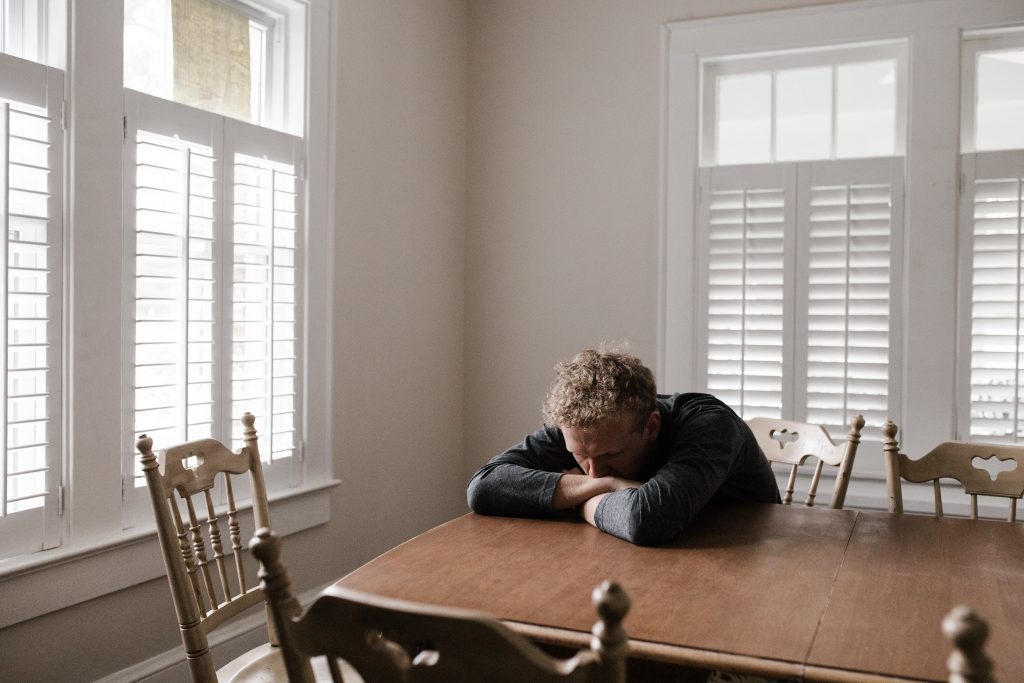What is on this page
Sex Addiction and Mental Health
Sex addiction affects millions of people around the world. In this article, we will explore the connection between sex addiction and mental health and why it is essential to address both conditions simultaneously in therapy.
Understanding Sex Addiction
Sex addiction, or hypersexuality or compulsive sexual behaviour, is a condition characterised by persistent and intense sexual urges, fantasies, or behaviours that interfere with a person’s ability to function in daily life. These behaviours can include excessive masturbation, pornography use, sexual fantasies, promiscuity, and risky sexual behaviours.
While sexual behaviour is a natural and healthy part of human life, sex addiction becomes problematic when it interferes with a person’s daily activities, relationships, and overall well-being. The condition can lead to feelings of shame, guilt, and isolation, significantly impacting a person’s mental health.
The causes of sex addiction are still not entirely understood, but research suggests that biological, psychological, and social factors may play a role. Some potential risk factors for sex addiction include childhood trauma, substance abuse, depression, anxiety, and personality disorders.

Mental Health Conditions Linked to Sex Addiction
Sex addiction is often accompanied by various mental health conditions, which can contribute to the development or exacerbation of the addiction. Some of the most common mental health conditions linked to sex addiction include:
- Depression and anxiety: People with sex addiction often struggle with depression and anxiety, which can lead to using sex as an outlet. The temporary pleasure and distraction provided by sex can relieve negative emotions but also create a vicious cycle of addiction and mental health issues.
- Substance abuse: Many people with sex addiction also struggle with substance abuse, which can further complicate their mental health and make it challenging to break free from the addiction.
- Trauma and PTSD: Trauma and PTSD can significantly impact a person’s sexual behaviour, and people who have experienced trauma are more likely to develop sex addiction. The hyperarousal and avoidance issues of PTSD can lead to using sex to cope with difficult emotions.
- Obsessive-compulsive disorder: Obsessive-compulsive disorder (OCD) is characterised by intrusive thoughts and repetitive behaviours. People with OCD may develop sex addiction to relieve anxiety and intrusive thoughts related to sex.
The Interplay between Sex Addiction and Mental Health
The relationship between sex addiction and mental health is complex and multifaceted. Sex addiction can exacerbate existing mental health issues, while mental health conditions can also trigger or fuel sex addiction. Shame and guilt often play a significant role in the interplay between these two conditions.
People with sex addiction may feel intense shame and guilt about their behaviour, leading to depression, anxiety, and other mental health issues. These negative emotions can further fuel the addiction, as people may use sex to escape from or numb their feelings.
On the other hand, people with mental health conditions may turn to sex addiction to cope with their concerns. For example, people with depression may use sex as a temporary mood booster, while people with BPD may use sex to regulate their emotions.
Addressing sex addiction and mental health issues simultaneously is critical for successful progress and recovery. Ignoring one condition can lead to ongoing struggles.
Therapy Approaches for Sex Addiction and Mental Health
Treating sex addiction and mental health conditions requires a holistic approach that addresses the conditions’ physical, psychological, and emotional aspects. Some of the most successful approaches include:
- Psychosexual Therapy This approach can be useful for both sex addiction and mental health issues, as it helps people develop methods for addressing their issues and improving their overall functioning.
- Dialectical behaviour therapy (DBT): DBT is a type of therapy that focuses on developing skills for managing intense emotions and improving relationships. This approach can be useful for people with BPD and other mental health conditions that may contribute to sex addiction.
- Group therapy: Group therapy can be a successful way to connect with others going through similar experiences and receive support and encouragement. Sex addiction support groups such as Sex Addicts Anonymous (SAA) and Sexaholics Anonymous (SA) can provide a supportive community and help individuals work through their addiction and mental health issues.
- Medication: In some cases, medication may be used to manage concerns associated with mental health conditions such as depression, anxiety, or OCD. However, medication alone is rarely successful in treating sex addiction and should be used in conjunction with therapy.

How Therapy Can Support Mental Health Conditions Associated With Sex Addiction
The connection between sex addiction and mental health is undeniable, as the compulsive need for sexual behaviour can lead to severe emotional distress and impact one’s quality of life. Often rooted in deeper psychological issues such as trauma, depression, anxiety, or low self-esteem, sex addiction can be an outlet for individuals to escape from their inner struggles.
However, therapy can be a successful tool to address and manage this addiction, as it provides a safe space for individuals to explore and process their underlying issues. Through therapy, individuals can learn healthy methods for addressing addictions, build self-awareness, and establish healthy boundaries, leading to a more fulfilling and balanced life. The journey towards recovery from sex addiction may be difficult, but with the right support and guidance, it is possible to overcome it.
In conclusion, sex addiction and mental health are closely linked, and it is crucial to address both conditions simultaneously for successful recovery. Seeking professional help and support can make a significant difference in overcoming these challenges and achieving a fulfilling and healthy life.
Some key takeaways from this article include:
- Sex addiction is a condition characterised by persistent and intense sexual urges, fantasies, or behaviours that interfere with a person’s ability to function in daily life.
- Sex addiction often accompanies various mental health conditions, including depression, anxiety, trauma, BPD, and OCD.
- The relationship between sex addiction and mental health is complex and multifaceted, with shame and guilt often playing a significant role.
- Successful therapy for sex addiction and mental health issues requires a holistic approach that addresses the conditions’ physical, psychological, and emotional aspects.
- Seeking professional help and support is critical for overcoming sex addiction and mental health issues and achieving lasting recovery.
By understanding the connection between sex addiction and mental health and seeking appropriate support, individuals can break free from the cycle of addiction and live healthy and fulfilling life.

